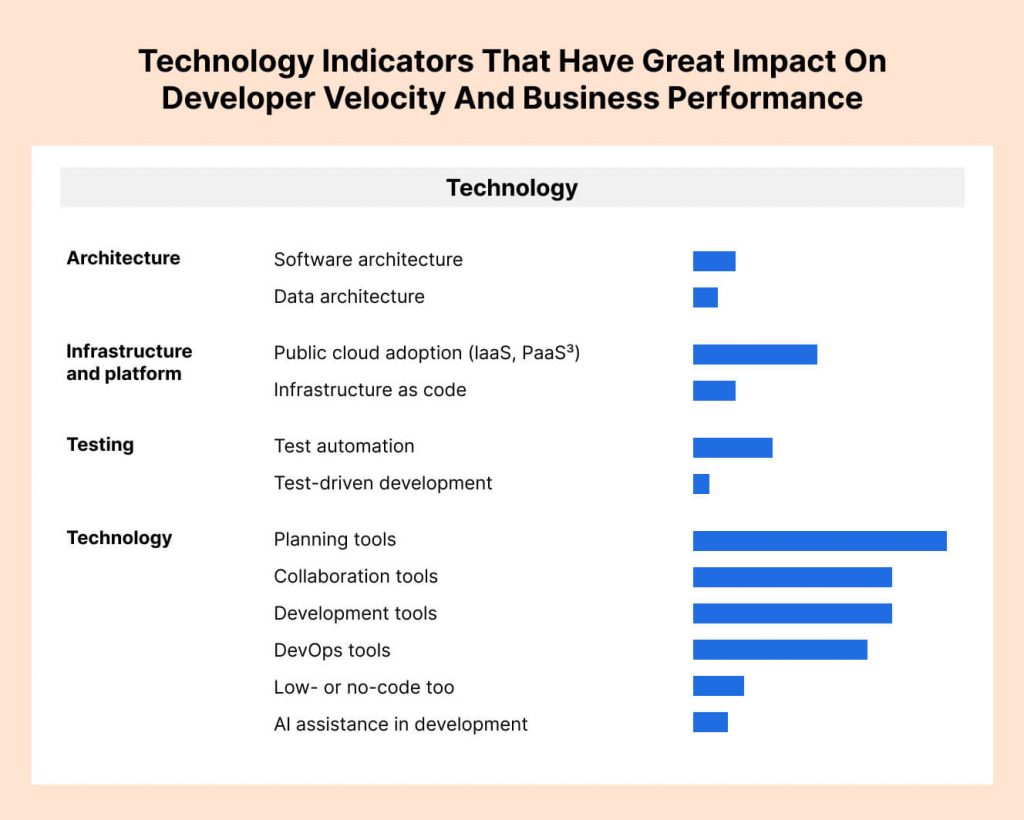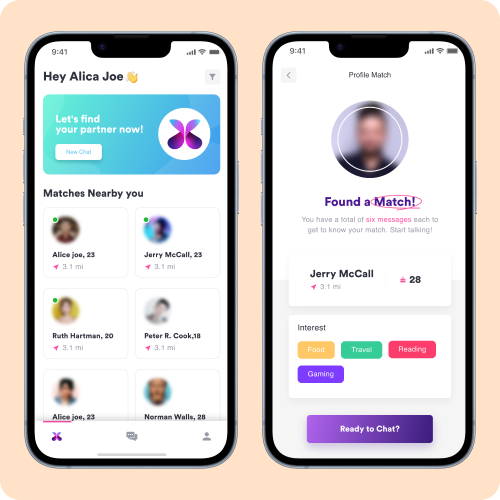The global tech industry is working round the clock to meet the rising demands of futuristic tech products. To be able to develop future-ready products, today’s developers need highly effective app development tools. If you want to keep up in the competitive tech market, you’ll have to arm your development team with the agile development tools in the market.
App development tools play an essential role by accelerating the development process. It also increases the efficiency and quality of code and logic. If your development team uses the right software development best practices then you’ll definitely observe a huge difference in quality, adaptability, and agility of the products.
By only relying on manual operations, your product and services will be prone to errors and delayed delivery. Good development tools can not only help your team write faster code but also help with testing, debugging, and deployment. Let’s continue to understand what these top tools are and how they can benefit your tech team’s productivity.
Need for Development Tools
The global mobile application market size is projected to reach $777.4 billion by 2032, growing at a CAGR of 14.4% from 2023 to 2032. This substantiates the fact that the development industry needs to rapidify its processes. Also, the solution is not to increase manpower or rush your development team but to introduce smart processes.

How? With the top development tools. Why? Well, the reasons are,
- Efficiency
- Collaboration
- Quality Assurance
- Speed to Market
Impact of Development Tools on the Development Process
According to a report by McKinsey, efficient use of development tools can lead to a 20-30% increase in developer productivity. This leads to significant cost savings and faster time-to-market for software products.
Manual efforts are effective but for the world set in the 2000s era. But now as the global industry has progressed so far, it is important to change the traditional processes and adopt a smart approach to development.
From cost-effectiveness to increased scalability, these tools make your product and services future-friendly. Thus opening up a path to a thriving future for your business.
 Top 10 Web and Mobile App Development Tools
Top 10 Web and Mobile App Development Tools
When it comes to web app development tools there are a lot of options in the market. But the effective ones are few and it can be a hassle to find the best for your business. These code quality tools play an essential role in building your development processes but if chosen the wrong one, it can affect and slow down your development efforts.
But don’t worry because we’ve curated a list of top 10 app development tools that can highly benefit your business. By referring to this you won’t be lost in the jungle of app development tools and you can choose the best-suited tools for your tech team.
1. Visual Studio Code
Visual Studio Code (VS Code) is the best IDE for app development. It is a free open-source code editor. Being an integrated development environment (IDE), it supports a wide range of programming languages and frameworks.
One of its key features is the vast extension marketplace. In this, you can add functionalities like debugging, Git control, syntax highlighting, and code snippets. Moreover, it is known for its speed and lightweight nature which makes it a favorite among developers.
2. Git
Git is one of the version control tools that tracks changes in your code and allows you to set standard processes. It allows multiple developers to work on the same project simultaneously without overwriting each other’s work.
With Git, you can create branches to experiment with new features or fix bugs. Once you are done, you can merge these changes back into the main project. GitHub and GitLab are popular platforms that host Git repositories with additional features like issue tracking and collaboration tools.
3. Postman
Next comes the Postman which is among the leading API development tools. It simplifies creating, testing, and managing APIs. With Postman, you can build API requests, test responses, and automate testing. It also offers a collaborative environment where teams can share API collections and document their APIs. This makes it easier to ensure that your APIs work correctly and are easy to use.
4. Jenkins
A continuous integration and continuous deployment (CI/CD) tool is an automated testing tool known as Jenkins. It speeds up the process of finding and fixing issues by automating repetitive operations. Your program will always be in a deployable state thanks to this tool. It streamlines the development, testing, and deployment of your code. Many plugins that interface with other app development tools are supported by Jenkins.
5. PostgreSQL
Now next comes a popular DBMS tool, PostgreSQL. It is a relational database management system that is available as open-source and is renowned for its powerful capabilities. Support for foreign keys, updatable views, complicated queries, and triggers are some of these features. PostgreSQL’s extensibility is further enhanced by the ability to add new data types and functions.
6. Firebase
With Firebase, you can build and deploy your apps faster while focusing more on your users and less on infrastructure. Firebase is a platform developed by Google which has now become one of the leading app deployment tools. It provides a real-time database, authentication services, hosting, and analytics. Firebase also includes Crashlytics which is a powerful crash-reporting tool.
7. Appium
Appium supports both Android and iOS platforms and it allows you to write tests using various programming languages. Being an open-source tool for automating mobile app testing, it includes JavaScript, Python, and Ruby. Its cross-platform capabilities help you to write a single test suite and run it on multiple devices.
8. Yarn
Yarn is an underrated tool which is used as a package manager for JavaScript. It helps you manage your project dependencies efficiently. Yarn is known for its speed and reliability because it caches every package it downloads, so you do not need to download it again. It also performs parallel operations that speed up the installation process. This tool ensures that the same dependencies are installed on every machine which makes your builds more predictable.
9. Selenium
A web browser automation tool called Selenium is used as an app testing tools. You can construct tests that simulate user interactions with this tool. Python, C#, and Java are just a few of the programming languages that Selenium supports. Functional testing of web applications is one of its common uses.
10. npm
The last top tool is npm or Node Package Manager. It is the default package manager for Node.js. It hosts a vast repository of JavaScript packages. With npm, you can easily manage your project’s dependencies. It also provides tools for version management and script running. npm simplifies the process of sharing and reusing code, making it a fundamental tool for JavaScript developers.
Conclusion
App development tools are essential for every development team to set standard operations and increase efficiency. Many leading tech companies in the world adopt these smart tools for their tech processes and project management tools for developers. This is one of the factors why their products are agile and future-friendly.
Many development firms rely on manual processes but it can only hold them back. These app development tools automate essential processes from code writing, testing, and deploying. They not only help you to remove redundant procedures from your standard processes but also enable you to utilize the impactful collaboration between humans and technology.








































